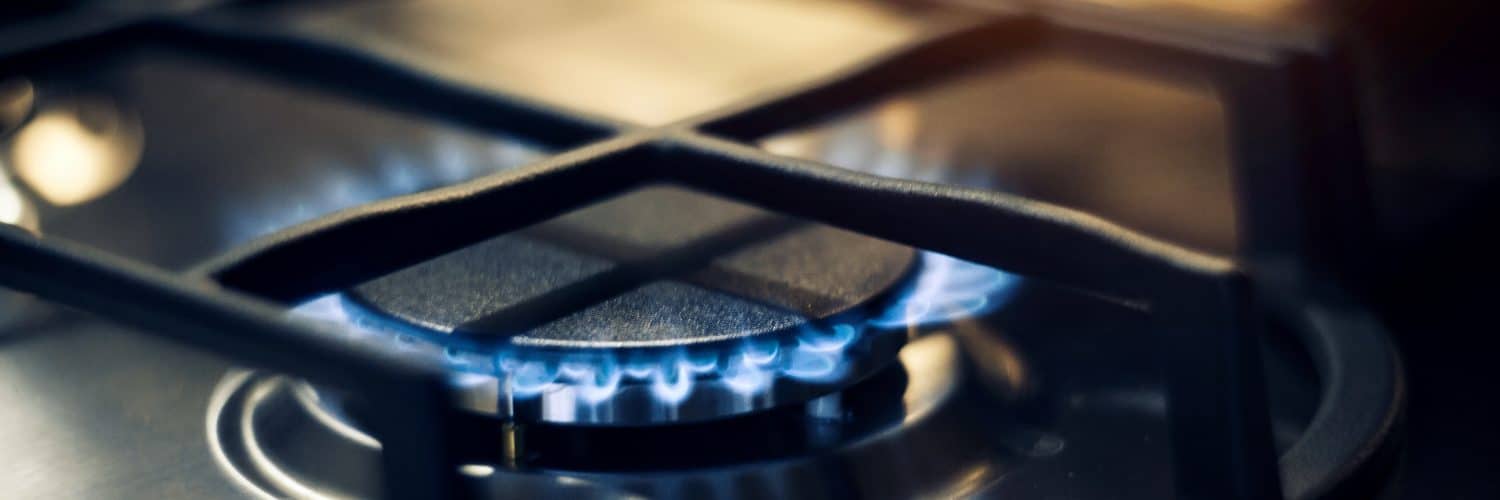2022 has been a year of volatility and this week was no exception to the trend! Henry Hub natural gas futures tumbled 7% on Tuesday, to close at US$7.706/MMBtu on reports of rising US dry gas production reaching levels of 97 Bcf/d, before jumping 7.3% yesterday afternoon to close at US$8.266/MMBtu after the news release that the Freeport LNG export facility in Texas had reached an agreement with the U.S. Pipeline Hazardous Materials Safety Administration (PHMSA), allowing its operations to resume at close-to-full-capacity in October. Despite Freeport LNG estimating the export facility would return to partial service in October, a number of analysts had expected a gradual restart and the outage to last closer to the end of the year. The June 8th explosion at the Freeport LNG export facility in Texas has forced an additional ~2.0 Bcf/d to remain in the US, helping to reduce extremely low storage levels. Henry Hub prompt-month futures are trading at US$8.19/MMBtu as of 2:15pm EDT Thursday afternoon. Hot weather forecasts continue to boost demand for natural gas as power demand in Texas is expected to break records again this week. With coal prices at record highs, natural gas fired plants have provided more than 40% of US power over the past few weeks. Weather forecasts will be a key driver of volatility in the upcoming weeks.
The EIA estimated working gas storage was 2,457Bcf for the week ending July 29th, following an overall injection of 41 Bcf. The bearish build was above market expectations ranging from 24-33 Bcf and higher than the five-year average injection of 35 Bcf, helping to ease some supply concerns. Storage levels are now 9.8% below year-ago levels and, relative to the five-year average, 12.1% less.
In Canada, prompt-month futures for AECO are trading at C$5.34/GJ, while Dawn is trading at C$9.70/GJ. Prices have fallen at AECO, with a week-over-week decrease of $0.37/GJ, whereas prices increased at Dawn by $0.07/GJ. Canadian cooling degree-days over the last week were 34% above the ten-year normal and 52% above the same week last year as warmer temperatures remained across Canada. Point Logic reports Canadian natural gas storage for the week ending July 29th was sitting at 430 Bcf, after an overall injection of 23 Bcf. Eastern Canadian storage had an injection of 12 Bcf, and Western Canadian storage had an injection of 11 Bcf. Storage inventories are 20% below the 5-year average and 15% below storage levels last year at this time. Canadian storage is 49% full, with Eastern storage levels now at 66% of capacity and Western storage 43% full. An injection of 18 Bcf is expected for the week ending tomorrow.
– Karyn Morrison, Energy Advisor








Add comment